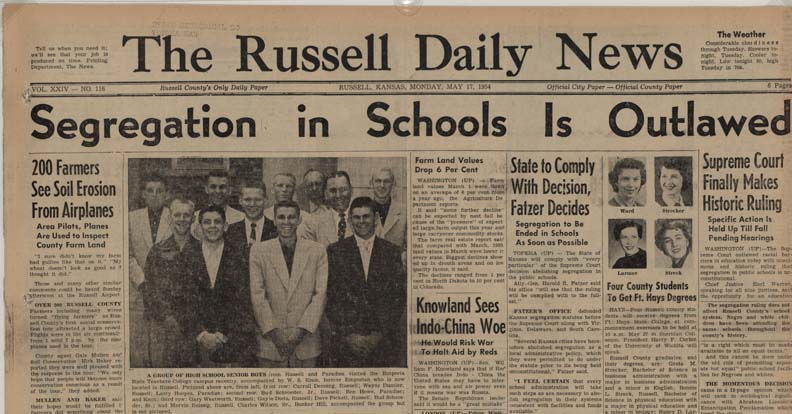Federal Court of Appeal upholds invalidity of Lilly’s CIALIS patent extending to “physiologically acceptable salt” | Smart & Biggar
The Federal Court of Appeal (FCA) dismissed an appeal by Lilly from a decision of the Federal Court (see our previous article) which had granted a motion for summary trial brought by Teva, Pharmascience, Laboratoire Riva, Apotex and Mylan (now, the Respondents) and dismissed the underlying actions of Lilly for infringement of Canadian Patent No. 2,226,784 (the 784 Patent) on the basis that it was invalid for overbreadth and insufficiency: Eli Lilly Canada Inc v Apotex Inc, 2024 FCA 72. The Respondents (then, the Defendants) had also argued that the 784 Patent was invalid for inutility, but the Federal Court elected not to decide that issue.
All of the claims at issue include the element of a physiologically acceptable salt (“or a physiologically acceptable salt or solvate thereof”) of tadalafil. The Federal Court had held that the POSITA would have understood that a “physiologically acceptable” salt required the salt to be non-toxic, to not cause harm but in addition must be “stable and pure, not degraded”. On appeal, Lilly argued that “physiologically acceptable” simply means non-toxic, and that if the Federal Court had not erred in its interpretation of “physiologically acceptable”, it would not have concluded that the claims at issue are invalid for overbreadth and insufficiency. The Respondents argued that the Federal Court’s interpretation was correct, that even with Lilly’s interpretation of “physiologically acceptable”, the claims at issue would be invalid for overbreadth and insufficiency, and that, based on its factual findings, the Federal Court should also have found the claims at issue to be invalid for inutility.
Lilly argued that the applicable standard of review on the claim construction issue is correctness because it is a question of law and that the FCA owes no deference to the Federal Court on its conclusions on claim construction as these “were entirely the Trial Judge’s own and not based on any of the expert evidence”. Lilly advanced a number of arguments in support of its argument that the Federal Court erred in relying on the “guidance” of an expert in construing the term “physiologically acceptable”. However, the FCA held that there was no merit in the arguments and that the real question at the root of the appeal was whether the Federal Court erred in giving any weight at all to the testimony of the expert. As this is a question of mixed fact and law, and Lilly did not allege any palpable and overriding error, the FCA declined to interfere with the Federal Court’s decision.
As a result of its findings regarding claim construction, the FCA held it was not necessary to review the questions of invalidity for insufficiency, overbreadth or inutility.
Leave from the Supreme Court of Canada would be required to appeal this decision.
[View source.]






